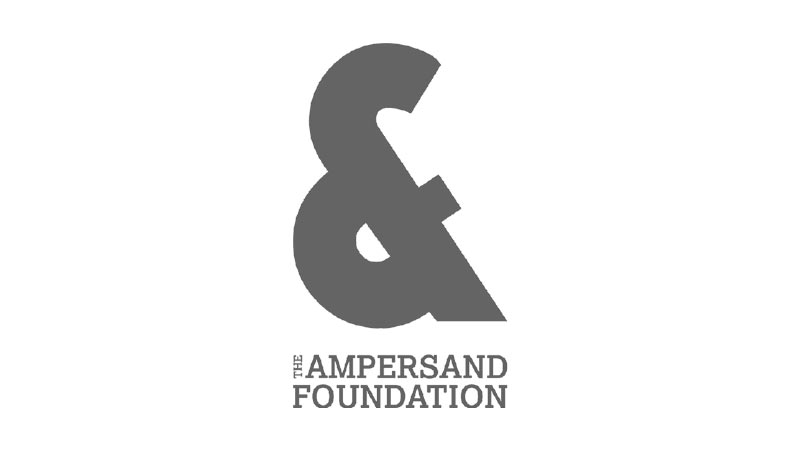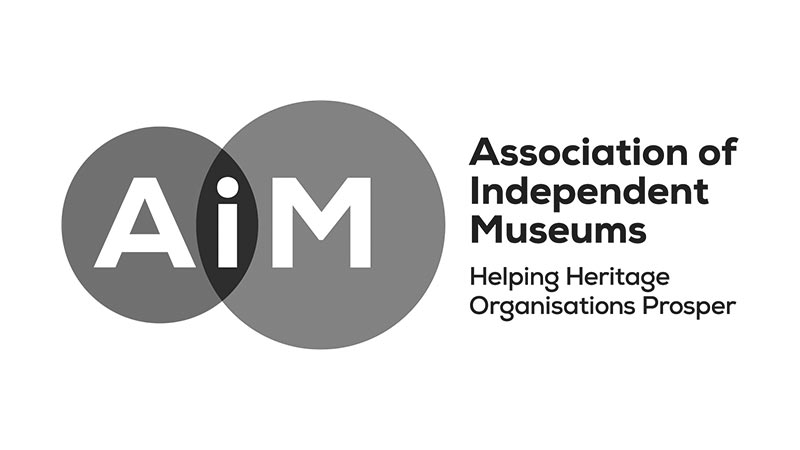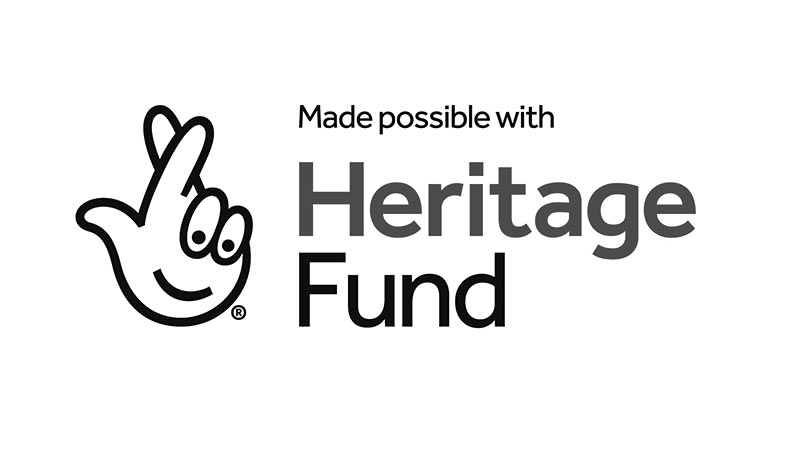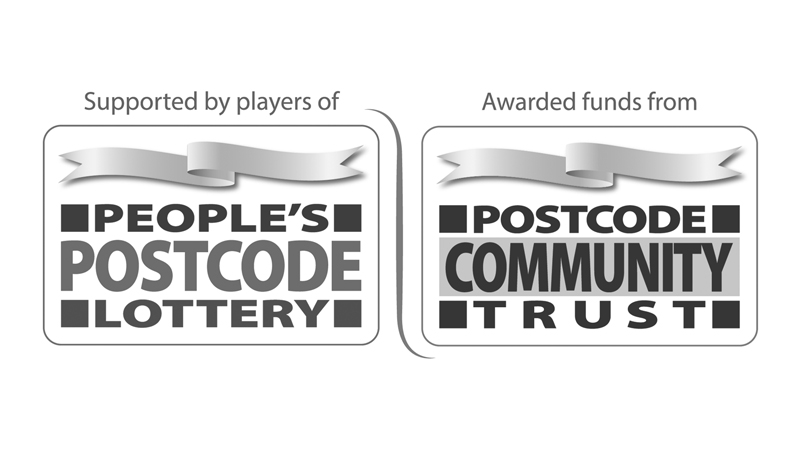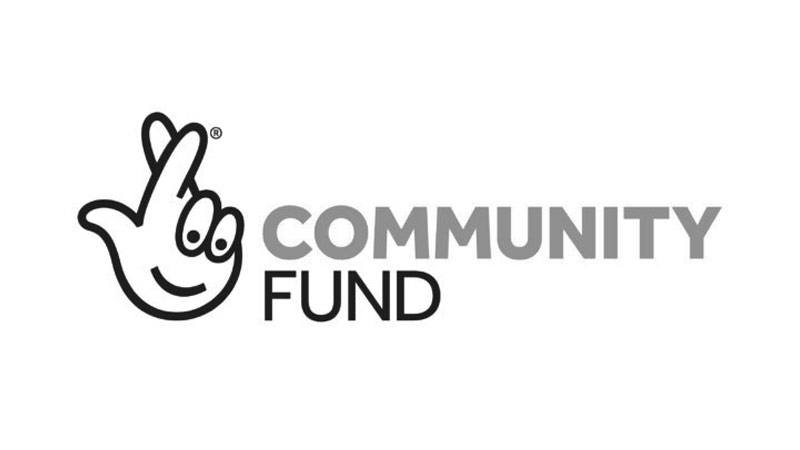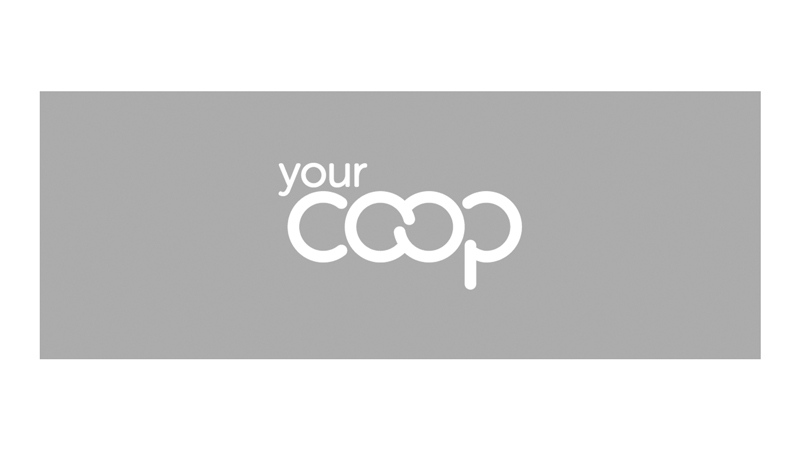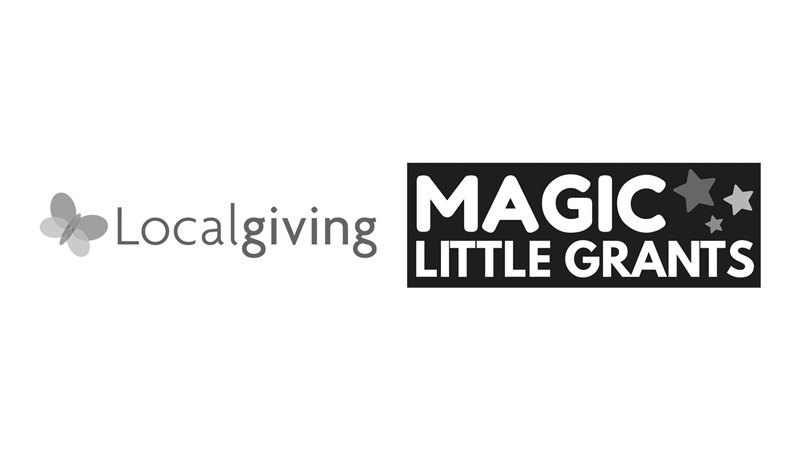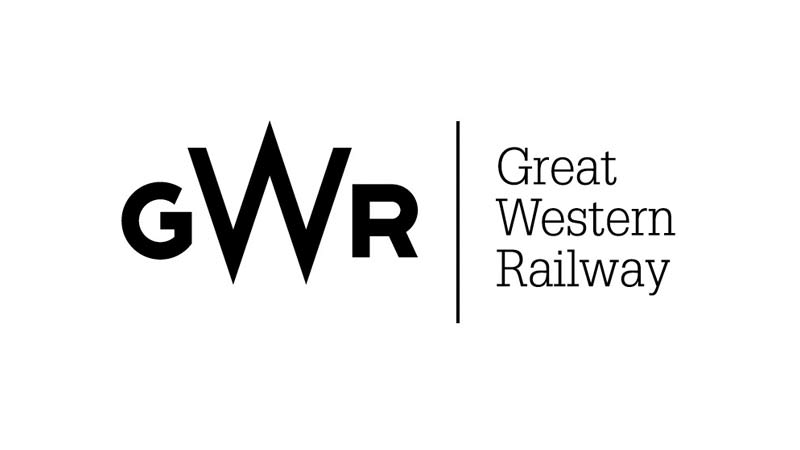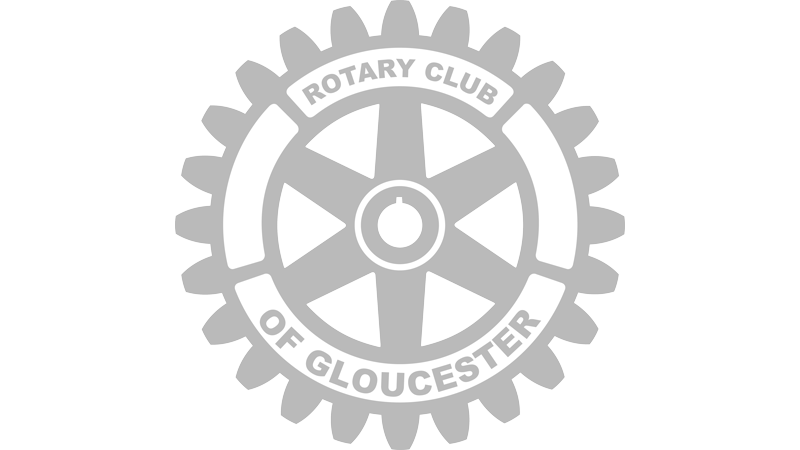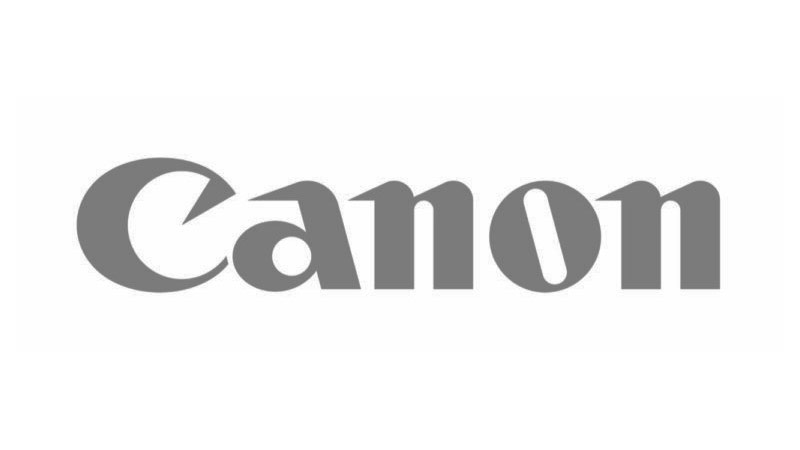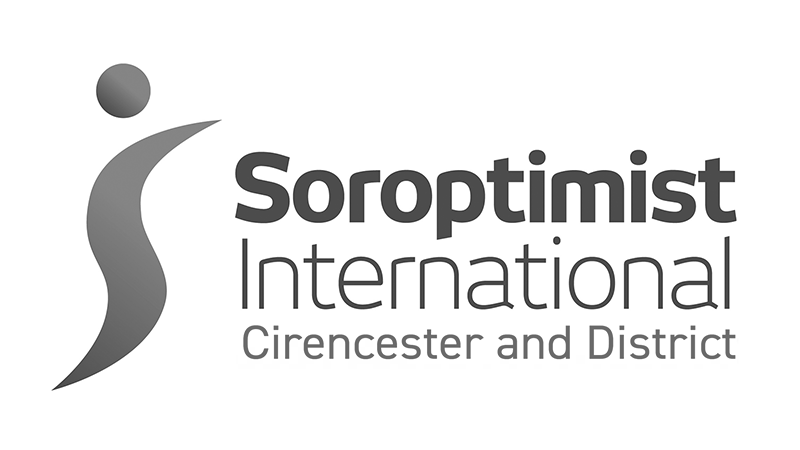You don’t know what nights are like? © Mitra Tabrizian
We’re building a virtual Cabinet of Remedies and we’re offering you the opportunity to share your writing with our community. Through your work, you can help shape this important archive for the future.
Since we’ve been in lockdown, we’ve found much solace in Alain de Botton and John Armstrong’s book, Art as Therapy. They talk about how art can connect us to our inner worlds and unique needs, identifying a number of psychological frailties to which art can be an antidote. Within this framework, we are asking artists to respond to the current situation. We are using this artwork as the foundation of a dialogue between visual art and the written word.
How to Participate
Create a piece of flash fiction using You don’t know what nights are like? © Mitra Tabrizian as the prompt.
- Maximum 250 words, excluding the title
- One challenge: You must use the sentence “You don’t know what nights are like”.
- You are welcome to share up to five pieces
- Submit as an attachment to an email to hello@hundredheroines.org
- (Optional) include your social media handles and/or link to your website
- Deadline – 18:00 (BST) Tuesday 16th June 2020
- A selection will be published on our website over the next few weeks
Mitra’s Inspiration
This was originally a billboard project commissioned by the ‘Art on the Underground’ (initially as a response to the launch of the night trains). It focuses on night – time workers, with 70% migrants ,with a number of interviews made with those who work between 8 to 12 hour night shifts, to get a sense of their experience of working at night and the impact on their lives,hence the title ‘You don’t know what nights are like?’
The billboards (two images and one text/interviews) were displayed at huge scale at Southwark station on billboards for two years (2016-2018). The project stands in for a wider community of night-time workers living on the edge. The billboards being displayed in the city center, was an attempt to bring the margin to the center – to indicate the significance of the people whose work is essential to the city’s exitance – and now more than ever, considering the coronavirus crisis! They risk their lives running the infrastructure of the city in these dangerous times and still remain invisible! Whereas there are some appreciations of the nurses, doctors and frontline workers, the contributions of night- time workers seem unacknowledged/forgotten.
The Slovenian philosopher, Slavoj Žižek describes ‘the virus as “a dark shadow” that will continue to haunt us…’ – and claims that the pandemic has already resulted in “some kind of ethical progress”; from delivering an elderly neighbour’s groceries, to what he calls ‘the moral task’, currently conducted by the state ‘to alleviate suffering not to economise’. Zizek is hoping for a more balanced social division to emerge out of this crisis. If so, lets hope we value more the input of the ‘invisible others’, and the immigrants whose contributions to economy has been invaluable!
Small Print
- By entering your work, you agree that it can be published on our website and used to promote the Cabinet of Remedies initiative.
- You will be credited as the author of the work on our website.
- You retain the copyright over your work at all times.
